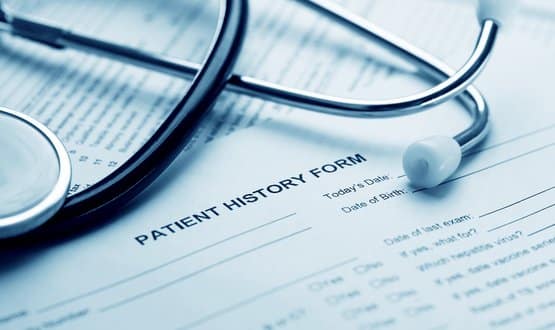Greater Manchester, Wessex and One London have been selected by NHS England to become the first Local Health and Care Record Exemplars (LHCRE) with the goal of reducing unnecessary patient tests.
The three areas, which have a total population of around 14 million, will receive £7.5m over two years and are tasked with putting in place an electronic shared local health and care record by building on existing local work.
Invitations to bid to be part of the LHCRE programme were sent out to a small number of regional health and care collaborative communities across England in March.
When the invites were sent out, Digital Health News understood that regional initiatives in the north of the country included Liverpool and the North West, Manchester, Yorkshire and Humber, centred around Leeds and the North East.
From the South meanwhile, bids have been invited from locations that included the West of England, Hampshire and pan-London. Oxford and Cambridge were also expected to be included.
However the chosen areas, Greater Manchester, Wessex and One London are predominantly in the south of the country.
Beverley Bryant, chief operating officer of the System C & Graphnet Care Alliance, said: “Hampshire was the UK’s first shared care record and has been a pioneer for over 12 years, so we are delighted to see Wessex getting LHCRE status.”
When the programme was first announced, NHS England said five LHCREs would be selected from the ten bids.
One of the LHCRE hopefuls in the north of the country was Yorkshire and Humber, whose bid was led by Leeds Teaching Hospitals CIO, Richard Corbridge.
Acting as the cohort’s SRO, Corbridge had vowed to commit to a more integrated approach to healthcare in the region regardless of the outcome of the bidding process.
Speaking to Digital Health News following the announcement from NHS England, Corbridge said: “It’s not over yet.”
He added: “We have a second bite at the opportunity, we just need to prove our capability. What LHCRE has done is bring cohorts together that hadn’t worked together since the days of Strategic Health Authorities, it has reminded us how much sense it makes to be working on digital elements as one and give us an opportunity to do more for our joined up healthcare population.
“Our patients receive care in patient pathways that span the region, we need the digital infrastructure to do the same and now have a good plan to do this, all we need is to convince the team assessing this that we are the next team for them to back.”
“We will continue with our plans to deliver a PHR, CHIME boot camp and a joining up of the Care Records systems like the Leeds Care Record under one banner, in our case one that reflects the needs of Yorkshire and the Humber, the pace for this will not stop.”
The CIO for Health and Care, Will Smart, said that in the next few weeks the organisation would approach the other bidders “to understand which two are ready to join the initial group this year”.
This means the remaining seven partnerships will be left scrambling for the last two places.
Smart said: “Through Local Health and Care Record Exemplars we are raising the bar for how the NHS can improve care through technology.
“By sharing information across a larger population, we can ensure that as people move across the different parts of the NHS and social care they don’t have to repeat themselves and provide the same information time and again.”
The overall aim of the LHCRE programme is to give health and care staff improved access to information about a patient in their care so they are able to offer the right care as quickly as possible.
Currently GPs and other care professionals are often not able to access crucial patient information quickly if it is held in another part of the health service, relying on post or fax instead.
Simon Eccles, CCIO for Health and Care, said: “Sharing information for people’s individual care can be lifesaving by quickly providing staff with the details they need, from patient histories to previous test results and care plans.
“The public already assume their GP Practice and hospital can see their records, now in the NHS’s 70th year through Local Health and Care Records we will start to make this possible.”
The announcement of the successful LHCRE bids follows the Prime Minister’s speech in Macclesfield, where she said the NHS and technology companies should use AI as a “new weapon” in research, adding that the UK will use “data, artificial intelligence and innovation” to transform the way diseases like cancer, diabetes, heart disease and dementia are diagnosed by 2030.
Theresa May also said she hopes to see computer algorithms sorting through patient’s medical records, genetic data and lifestyle habits to try to spot cancer early on.


23 May 2018 @ 11:42
Lancashire and South Cumbria will continue to work with our neighbouring health and care ecosystems to ensure broad interoperability of our existing health information exchange capability and shared record viewer. We are already realising some of the benefits to patients/citizens and care professionals by ensuring that relevant information is available at the point of care and that users are empowered to manage and manipulate their own care.